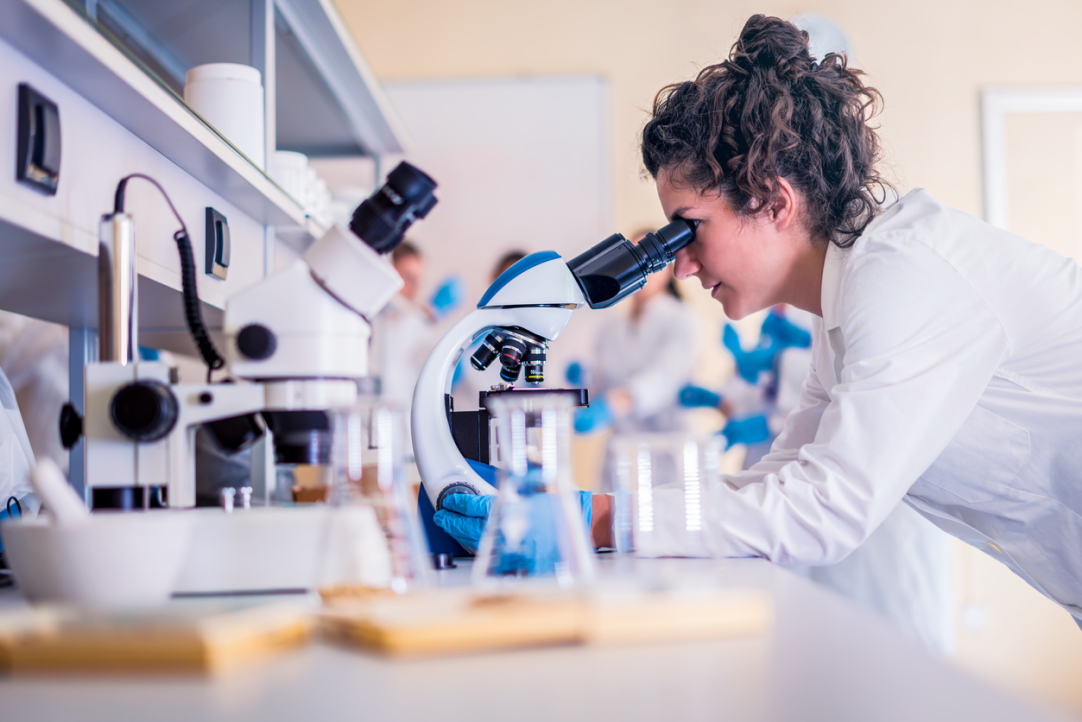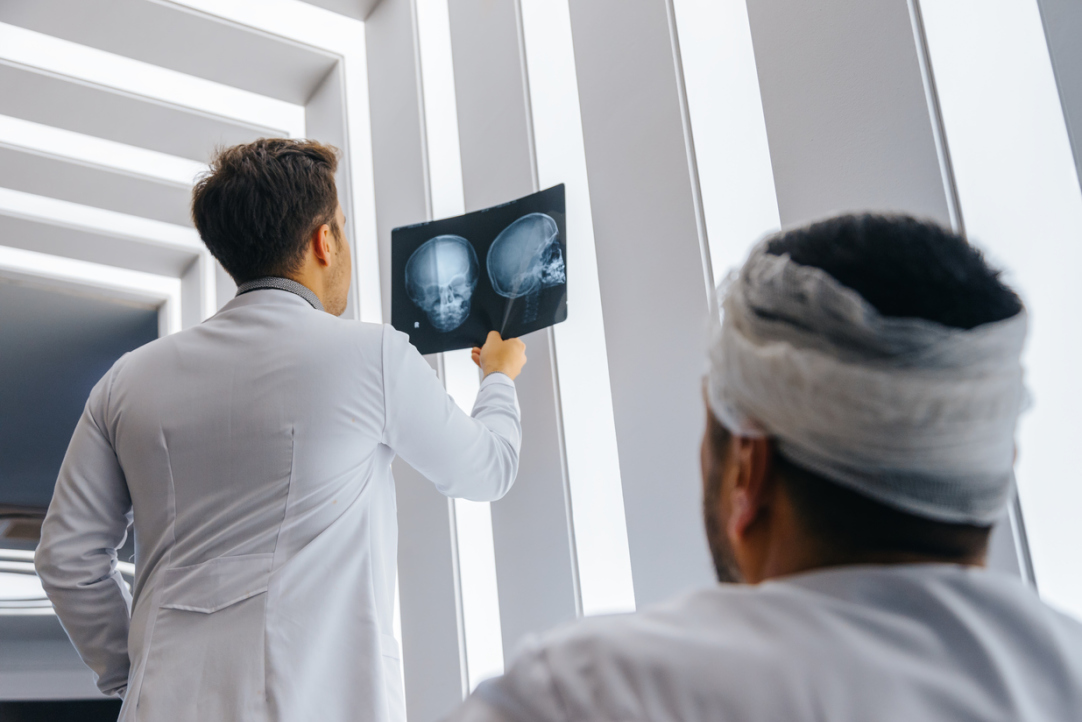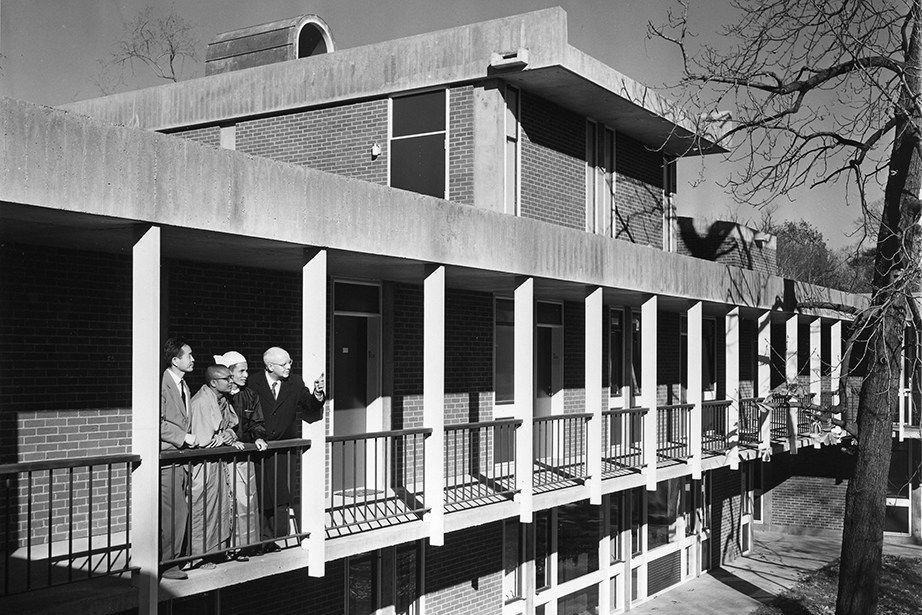
HSE University Invites Leading Researchers to Experimental Research Laboratory Competition
HSE University has announced an open project competition to create experimental research laboratories in the natural sciences. The competition is open to research projects in the fields of biophotonics and ageing (biology, physiology, biomedicine, biostatistics, and bioinformatics.)

HSE Researchers Compare Expressive and Receptive Language Abilities of Russian-speaking Children with ASD for the First Time
Researchers from the HSE Centre for Language and Brain and their Russian and American colleagues have become the first to compare expressive and receptive language abilities of Russian children with Autism Spectrum Disorder (ASD) at different linguistic levels. Their work helped them refute the hypothesis that children with ASD understand spoken language less well than they produce it. The study was published in Research in Developmental Disabilities.

Creative Industries in Russia
Russia has 3.5 million people in creative occupations and 2.7 million employed by creative industries. IQ.HSE used data by the HSE Institute for Statistical Studies and Economics of Knowledge (ISSEK) to see how much these two figures overlap and how creative employment is different from creativity. Having assessed Moscow's creative economy, the experts have broadened their scope to Russia at large. The findings are published in the inaugural digest of the Human Capital Multidisciplinary Research Centre.

Research Shows That Creative Workers Are Motivated by Money and Social Guarantees More Than Artistry
Creators are also part of the job sector. Their work is increasingly oriented around commercial activities and in the pursuit of economic goals. As such, the organization of artists’ professional work and the motivations behind it are by no means unique. Rather, they straddle the line between ‘aesthetic’ and ‘market’ concerns.

Russian Scientists Investigate the Immune Response to SARS-CoV-2 Variants
HSE University researchers assessed the effectiveness of the T-cell immune response to 11 variants of SARS-CoV-2. Their findings have been published in Nucleic Acids Research.

Hormones Can Help Brain Recover after Injury
An international team of researchers including Alexander Tonevitsky, Professor at HSE’s Faculty of Biology and Biotechnology, found that pituitary hormones may produce different effects on the left and right sides of the body following a traumatic brain injury. These differences can accelerate the development of motor disorders. Researchers are trying to determine whether treatment that blocks the corresponding hormones can counteract these effects. The results of the study were published in the journal eLife.

Think Before You Drink: Why Women Live Longer Than Men
Women are more likely to live to old age because they are less prone to indulge in bad habits than men. A whole range of social, biological and other factors—such as women being more likely to visit the doctor and exercise—also play an important role. Experts from HSE University and RANEPA analyzed the effects of various factors on the reduction in men's life expectancy, which varies based on habits and ideas about male behavior in different countries.

Researcher at HSE University in Perm Predicts Electricity Consumption in Residential Buildings
Aleksey Kychkin, Associate Professor in the Department of Information Technologies in Business at HSE University in Perm, together with Georgios Chasparis, a scientist at the Software Competence Center Hagenberg (SCCH, Austria), built models to predict energy consumption in residential buildings for the day ahead. The electricity consumption profile of a group of residential buildings, which is determined for the day ahead, will allow electricity demand to be effectively managed. The results of the research were published in ‘Energy and Buildings’journal.

Researchers Propose Carbon Debt System to Combat Global Warming
An international team of researchers, including Artem Baklanov, Research Fellow of the International Laboratory of Game Theory and Decision Making, HSE University, has proposed treating greenhouse gas emissions as financial debt in a new research article published in Nature. This approach could provide immediate economic incentives for enterprises to begin mitigating the harmful effects of their business activities.

Higher Education and State-building: Methaphors of Universities Revisited
How has higher education influenced the evolution of nations since the Second World War—and vice versa? Stanford professor Mitchell Stevens and Institute of Education researcher Ekaterina Shibanova have tried to answer this question in a special issue of the European Journal of Higher Education. They invited renowned historians, political experts, sociologists and economists to develop ‘a consensus on the role of higher education in political and social history after 1945.’ The special issue was created with input from researchers from Canada, Luxembourg, Russia, Germany, France, the UK, and Sweden.


Applications are submitted until August 17, 2025